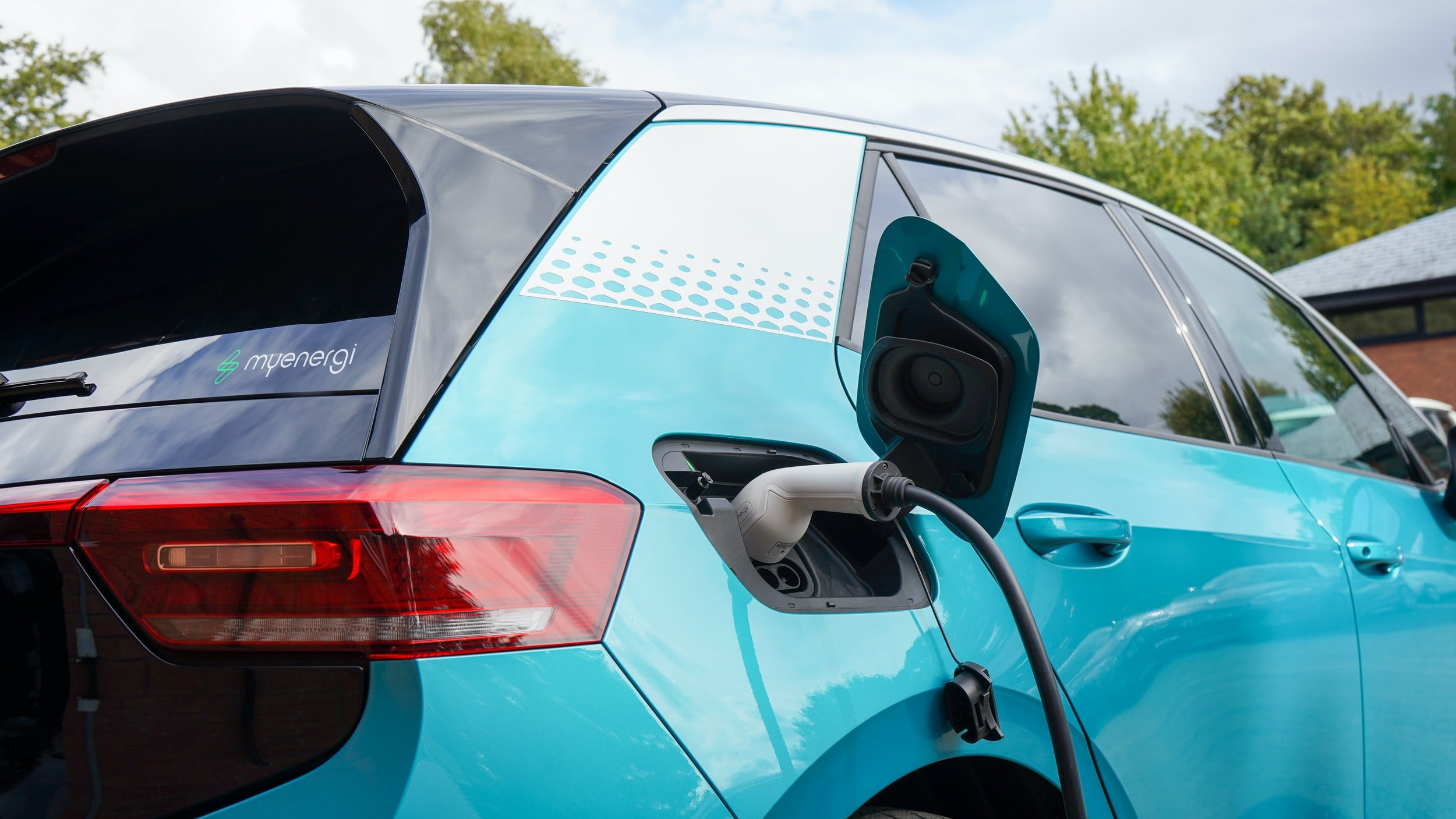Strategies for tackling the critical questions of our time - IPCC 6 Working Group 3 Report
Low-emissions electrification of our transport has a large potential to reduce greenhouse gas emissions.
The Intergovernmental Panel on Climate Change (IPCC) is the United Nations body for assessing the science relating to climate change (https://www.ipcc.ch/) and providing advice to policymakers in every country. The Working Group III report released in early April paints in stark terms nature’s, and in particular humanity’s, plight if governments continue to ignore the science and do not act now. The current trajectory in global emissions shows clearly that we will miss the target to limit global warming to 1.5 C and the window of opportunity to mitigate climate change is closing fast. Rather than adhering to vague, futuristic targets of net-zero emissions by 2050, as many governments around the world, including our own, have done (effectively lumping onto our children the burden of making the costly societal changes) we need to go all out now to reduce net emissions by 2030.
The IPCC report, in addition to highlighting the urgency of the situation and the dire consequences of ignoring it, gives the world’s policymakers options. The following four options are estimated to have the most potential to reduce net emissions by 2030 (SPM-50):
Move away from coal and gas in order to power our electricity grid with wind and solar energy. The report is unequivocal that our energy sector requires major transitions, including a substantial reduction in overall fossil fuel use and the switch to clean, renewable energy from wind, solar and batteries [SPM-36].
Carbon sequestration in agriculture and the conservation, improved management, and restoration of forests and other ecosystems have a very high mitigation potential. These include improved and sustainable crop and livestock management (e.g. regenerative farming), soil carbon management in croplands and grasslands, agroforestry and biochar. Demand-side measures such as shifting to sustainable diets and reducing food loss and waste can free up some agricultural land for reforestation.
Fuel switching in our transport, moving away from petrol and oil to electric, natural gas (sic), hydrogen, bio-energy. Electric vehicles powered by low-GHG emissions electricity have the largest potential to reduce land-based transport emissions on a life-cycle basis. Advances in battery technologies could facilitate electrification of heavy-duty trucks and complement conventional electric rail systems. Green hydrogen and hydrogen derivatives, including synthetic fuels, can offer mitigation potential in some land-based transport and aviation.
Shift to balanced, sustainable healthy diets. This is a fairly new approach by IPCC to recommend diets that promote all dimensions of individual’s health and wellbeing; have low environmental pressure; are accessible, affordable, safe and equitable; and are culturally acceptable. Balanced diets refer to diets that feature plant-based foods, for example whole grains, legumes, fruits, vegetables, nuts and seeds, and animal-sourced food produced in resilient, low-emission systems. (SPM-43; cf. https://www.ipcc.ch/srccl/ ).
Conclusion:
Climate Change is a global issue and it is vital that we all, irrespective of our personal political leanings, exert pressure on policymakers at all levels of government - local, state, national, and international - to work in a concerted manner (much like we did during the COVID pandemic) towards the decarbonisation of our energy production, our economy, our food production and our transport in the next 8 years and not simply defer the burden to the next generation in 2050, because by then the window of opportunity will have been well and truly slammed shut.
David Gormley-O’Brien

